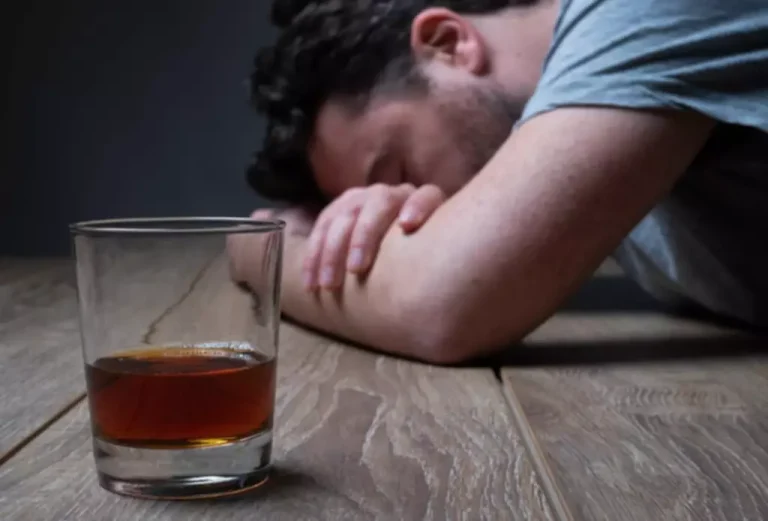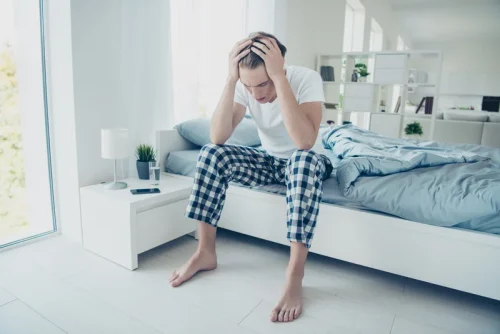
Each treatment session is usually followed by one or more standard therapy sessions in which the experience is discussed and integrated. After the completion of two or three treatment sessions, researchers have documented continued therapeutic gains over the next year. Psilocybin is a naturally occurring compound in some species of mushrooms found in tropical regions and is undergoing clinical trials for the treatment are psychedelics addictive of people with resistant depression. Alzheimer’s disease, post-traumatic stress disorder (PTSD), post-treatment Lyme disease syndrome (formerly known as chronic Lyme disease), anorexia nervosa, and alcohol use in people with major depression. With controlled psychedelic substances, there is a potential to alter the entire brain for a period of time and thus provide relief from negative emotions that cloud the mind.

Critical Appraisal of Study Quality
- While the included compounds were heterogeneous in pharmacology and treatment contexts, patients reported largely comparable experiences across disorders, which included phenomenological analogous effects, perspectives on the intervention, therapeutic processes and treatment outcomes.
- While Indigenous communities have used psychedelics in therapeutic and religious settings for centuries, psychedelic therapy is relatively new in Western clinical settings.
- The classic psychedelics such as LSD and psilocybin pose few risks in terms of physical or psychological dependence along with other risks such as the following.
Psychedelic-assisted psychotherapy (PAP) is proving to work for so many conditions, researchers believe, because the substances target the brain region central to so many brain operations and involved in so many disorders—the prefrontal cortex—and revamp its structure. Roland Griffiths, Ph.D., presented a TEDMED talk in 2015 about the therapeutic and consciousness potential of psilocybin. Research to date demonstrate safety of psilocybin in regulated spaces facilitated by medical team over a series of guided sessions; and as a part of cognitive behavioral therapy, psilocybin helps in reducing anxiety in some cancer patients, and in facilitating smoking cessation for some. The FDA currently oversees phase 3 trials of MDMA for the treatment of post-traumatic stress disorder and phase 2 trials of psilocybin for the treatment of drug-resistant depression11.
- Given the intensity of the psychedelic experience, patients with a poorly integrated sense of self, and those with difficulties in emotional regulation and distress tolerance, may find the psychedelic experience destabilizing.
- They do not impair memory, nor do they cause stupor or narcosis such as that seen with alcohol or heroin.
- Medical research into psychedelics reached its peak in the 1950s and 60s.1 However, this ended when psychedelic drugs were made illegal in the late 1960s and early 1970s.
- Perhaps by reducing other mental health symptoms, psychedelics make it easier to quit abusing substances.
- Her goal is to help change the medical and mental health care paradigm from numbers-oriented, medication-based sick care to individual-focused well care and liberation to the most realized version of self.
- Despite objections from the scientific community, authorized research into therapeutic applications of psychedelic drugs had been discontinued worldwide by the 1980s.
Recently published papers of particular interest are highlighted as: • Of importance •• Of major importance
- However, as this Comment was going to print, the National Institute on Drug Abuse funded a trial to investigate the use of psilocybin for smoking cessation, possibly reflecting an encouraging policy shift.
- This article aims to address this lacuna by presenting an overview of the available qualitative research.
- Trade confidently with insights and alerts from analyst ratings, free reports and breaking news that affects the stocks you care about.
Although clinical studies on the therapeutic use of psychedelics are still underway, current research suggests that they may be able to help treat certain mental health conditions, like depression and PTSD, and improve overall mental health. Using moderate to large doses of drug, psychedelic-assisted psychotherapy is not microdosing. Microdosing refers to the ingestion of very small doses of certain psychoactive drugs, most often LSD, psilocybin, or cannabis.
Uses and benefits
Researchers observed a significant reduction in symptoms for the first 5 weeks following treatment. At 5 weeks, nine participants had responded to treatment, and four had depression that was in remission. Participants were more likely to have improvements in their depression symptoms if they had quality psychedelic experiences during the drug dose. However, because the study relied on self-reporting, it does not conclusively prove that psychedelic experiences can affect mental health. Rather, it suggests a mechanism through which psychedelics might improve mental health, which is in feeling greater self-compassion and less obsession with negative thoughts.
They do not impair memory, nor do they cause stupor or narcosis such as that seen with alcohol or heroin. Neither do they produce excessive stimulation like that experienced with cocaine or amphetamine. Used therapeutically under the guidance of a trained therapist, few drug-related adverse events have been reported in clinical trials.

Respondents in one study, when prompted, actually stated becoming more open towards future conventional therapies, despite having undergone multiple therapies without success [80]. Where reported, respondents’ ages ranged from 21 to 67 years, and the number of included subjects ranged from 4 [77] to 22 [78, 79]. Studies were heterogeneous in terms of substances, population/mental disorders, contexts, and qualitative research methodologies. Psychedelic drugs such as psilocybin, LSD, MDMA, and other hallucinogens are controlled substances under federal law and, by statute, are deemed to have no medical use and high potential for abuse. However, several states (such as Oregon and Colorado) and municipalities (Ann Arbor, Michigan; Denver, Colorado, for example) have approved ballot initiatives decriminalizing possession of certain hallucinogens.
How we reviewed this article:
- A Schedule I drug, LSD (lysergic acid diethylamide), or acid, was first created in 1938 in Switzerland.
- Studies cited include treatment resistant depression, end of life despair, and PTSD.
- While psychedelic therapy is generally considered safe and is well-tolerated, there are some potential risks and adverse effects to consider.
Your health and wellness is unique to you, and the products and services we review may not be right for your circumstances. With expanded FDA grants and increasing research, experts are hopeful that psychedelic therapy is on the upswing. The psychedelic effects of hallucinogenic drugs may help ease the effects of trauma, but research so far has produced mixed results. In many cases, doctors try this form of therapy on people whose symptoms have not responded well to standard medications or therapies. Psychiatric Society argues the medical research is limited, they’re worried about the risk of addiction if these psychedelics are legalized.
Are psychedelic Experiences Intrinsically Valuable?
A recent meta-analysis of 19 studies of psychedelics for mood disorders published between 1949 and 1973 found that 79% of patients showed ‘clinically judged improvement’ post treatment (Rucker et al, 2016). Moreover, a meta-analysis of studies of LSD for alcoholism performed in the 50–60s was similarly supportive of its potential (Krebs and Johansen, 2012). The absence of standardized diagnostic techniques, measures of symptom severity, and lack of randomization and control conditions in these studies needs to be properly heeded, but equally, it would be self-defeating to dismiss their findings outright. Several, but not all, studies explicitly addressed the phenomenology of the acute, inner experience induced by different psychedelic substances [79, 81, 82, 84, 86]. In this review, we report phenomena that were not characterized as therapeutic processes alone or that did not constitute separate themes in the synthesis, while recognizing that both thematic categories are closely intertwined.
